More California Cities Keep, Dump Red Light Cameras
Three California city councils debated whether to keep or discard red light cameras last week. In Loma Linda officials on Tuesday voted to drop automated enforcement while South San Francisco officials voted to keep it on Wednesday. The debates followed in the wake of a decision by the city of San Carlos last Monday to drop cameras after the duration of the yellow light at the camera-enforced intersection was extended by one second, eliminating the system’s profitability.
Anaheim, California To Hold Anti-Traffic Camera Referendum
Voters in California’s tenth largest city will have an opportunity to ban red light cameras in November. On Tuesday, the Anaheim City Council unanimously endorsed the idea of placing a charter amendment on the ballot that, if approved by the public, would ensure that automated ticketing machines never appear on city streets. Mayor Curt Pringle, a former speaker of the California State Assembly, offered the measure even though his city has never used cameras.
Arizona: Police Report Shows Speed Camera Caused Accident
Although independent studies have shown a link between the use of photo enforcement equipment and a statistically significant increase in the number of collisions, opponents of photo radar have produced few concrete examples of these incidents. In Arizona, the group CameraFraud.com has begun using freedom of information laws to get its hands on examples of accidents that would not have happened but for the presence of a speed camera van ( view studies).
California Legislature Considers Tweaking Red Light Camera Law
A committee of the California General Assembly last month began consideration of legislation that would make minor changes in the way red light cameras are used in the state. State Senator Joe Simitian (D-Palo Alto) introduced a bill that he believes will increase the fairness in the administration of automated citations. Simitian is a supporter of photo ticketing who nevertheless believes the existing system suffers from significant flaws.
Traffic Camera Firm Issues Threatening Letter To Jefferson Parish, Louisiana
Jefferson Parish, Louisiana has until 4pm today to meet the demands of Redflex Traffic Systems, the company that until January operated red light cameras and speed cameras for the local government. The Australian firm is absolutely furious that parish officials have withheld payment while the program faced lawsuits from citizens and corruption probes from federal investigators. Redflex insisted that the “millions of dollars” owed must be deposited in the Redflex accounts before the close of business today.
Does A Weak Economy Mean The Death Of "The 10 MPH Cushion"?
In a number of municipalities, decreases in tax receipts seem to be followed by an increase in traffic tickets according to USA Today [Hat Tip: ClutchCarGo]. Surprised? Clearly you don’t read much of our coverage of the proliferation of speed cameras. It’s no surprise that cities turn to speed cameras to shore up budget gaps, as the companies that sell automated ticketing machines regularly highlight the revenue upsides of their products to politicians. But what about “the cushion,” the five to ten mile per hour grace given by gentlemanly police officers to motorists just barely over the speed limit?
Federal Appeals Court Embraces Speed Cameras
A divided three-judge panel of the US Court of Appeals for the Sixth Circuit yesterday upheld the imposition of automated tickets on individuals who may or may not have committed any crime. The judges ruled on a case that began when Kelly Mendenhall received a ticket in the mail for allegedly speeding in Akron, Ohio in December 2005. Although the ticket against her was dismissed, her husband, Warner, fought the legitimacy of the Akron ordinance all the way to the state supreme court which, unlike the high courts in Minnesota and Missouri, approved of speed camera use ( view decision).
Texas: Small Town Speed Traps Rake In Millions
The top forty speed traps in the state of Texas raked in a total of $178,367,093 in speeding ticket revenue between 2000 and 2008 despite having a combined population of less than 56,000 residents. Motorist Aren Cambre collected ticket issuance data from the state’s Office of Court Administration to identify which towns generated the most revenue per capita from speeding tickets.
Federal Court Upholds Illegal Traffic Camera Evidence
A federal appeals court ruled yesterday that municipalities in most states may use evidence illegally collected by photo enforcement cameras. The US Court of Appeals for the Fifth Circuit made its decision in the case of Stephen Bell who sued both American Traffic Solutions (ATS), an Arizona-based red light camera operator, and Redflex Traffic Solutions of Australia for violating Texas statutes requiring companies involved in private investigation to obtain a license. The three-judge appellate panel determined that there was no problem with companies offering unlawfully obtained evidence in civil court cases.
Study: Louisiana Red Light Cameras Fail To Reduce Accidents
A brief study published in this month’s Journal of Trauma examined whether red light cameras installed at a Jefferson Parish, Louisiana intersection caused a reduction in the number of traffic collisions. A team of medical doctors from Tulane University examined accident statistics for ten months before and ten months after the activation of cameras on October 24, 2007. The team found no statistically significant reduction in the number of accidents.
Georgia May Ease Motorist Photo Ticket Challenges
The Georgia House of Representatives as early as tomorrow is expected to take up legislation that would ease the burden on motorists wrongly accused of running a red light. The House Committee on Judiciary Non-civil on Thursday endorsed House Bill 31, which proposes a series of fundamental changes designed to force the city or county government operating the camera system to prove its case. State Representative Barry Loudermilk (R-Cassville) introduced the legislation with five of his colleagues.
Begun, The Bike-Car Wars Have
The DOT policy is to incorporate safe and convenient walking and bicycling facilities into transportation projects. Every transportation agency, including DOT, has the responsibility to improve conditions and opportunities for walking and bicycling and to integrate walking and bicycling into their transportation systems. Because of the numerous individual and community benefits that walking and bicycling provide — including health, safety, environmental, transportation, and quality of life — transportation agencies are encouraged to go beyond minimum standards to provide safe and convenient facilities for these modes.
Having spent most of his tenure chiding distracted drivers and hunting down demon-possessed Toyotas, Transportation Secretary Ray LaHood appears to be over the whole car thing. The policy statement above was just one element of his push to put bicycling and other car alternatives on an equal footing to cars in transportation planning, which he recently announced at the National Bike Summit.
New Mexico Bans Traffic Cameras From State Roads
The cities of Albuquerque, Las Cruces and Santa Fe have sixty days to pull down the red light cameras and speed cameras currently operating on state and federal roads in New Mexico. The New Mexico Department of Transportation (NMDOT) announced yesterday that transportation commission members unanimously decided to outlaw automated ticketing machines on thoroughfares within its jurisdiction.
America Lives At 70 Miles Per Hour
Partnership for Advancing Road Safety Is New Photo Enforcement Industry Front Group
The photo enforcement industry announced on Friday the creation of a new red light camera and speed camera advocacy group. The Partnership for Advancing Road Safety (PARS) describes itself as an organization that seeks to use best practices to reduce the number of accidents and fatalities on American highways. The group’s number one priority is countering the growing nationwide backlash against the use of automated ticketing machines that has resulted in multi-million dollar loses for camera vendors.
Russian Traffic Police Use Motorists As Human Roadblock
West Virginia To Turn School Buses Into Ticket Machines
Faced with a $120 million budget deficit, West Virginia lawmakers are turning to school buses to bring in desperately needed revenue. The House of Delegates voted 98-0 Saturday to give final approval to House Bill 4223 which allows county school boards to deploy buses to issue $500 automated tickets. The proposal becomes law with the signature of Governor Joe Manchin (D).
“Every county board of education is hereby authorized to mount a camera on any school bus for the purpose of enforcing this section or for any other lawful purpose,” House Bill 4223 states.
South San Francisco Red Light Camera Refunds Reach $3.1 Million
Red light camera refunds will now reach $3.1 million in the city of South San Francisco, California. City officials decided this week that it had no choice but to refund tickets issued between January 28 and March 10 after being confronted by potential lawsuits over the city’s failure to abide by state law.
In January, the city admitted that every photo ticket that American Traffic Solutions (ATS) issued on its behalf between August 2009 and January 28, 2010 was invalid because the city council failed to ratify the contract. The council agreed to refund the tickets, nearly 3000 worth $446 each, and pay for the traffic schools motorists were forced to take. While generous, this move was not enough.
Unintended Acceleration Risk Lower Than Everyday Driving Risk
Your risk of dying from your Toyota’s unintended acceleration (UA) is so low as to be all but nil next to the more general risk of dying in an automobile, according to an “Opinionator” column in the New York Times, by journalist Robert Wright.
Wright calculates that your chance of dying from unintended acceleration in a Toyota is 2.8 in a million. Meanwhile, the average American’s chance of dying in a car accident over the next to years is one in 5,244, writes Wright. “So driving one of these suspect Toyotas raises your chances of dying in a car crash over the next two years from .01907 percent (that’s 19 one-thousandths of one percent, when rounded off) to .01935 percent (also 19 one-thousandths of one percent). (Methodology described in the article.)
Louisiana Lawmaker Proposes Local Votes For All Traffic Camera Programs
Local governments that use red light cameras and speed cameras would be forced put the future of these efforts to a public vote under a proposal by a team of Louisiana state lawmakers. Led by Representative Jeff Arnold (D-Algiers), a bipartisan team of seven on Monday pre-filed legislation to rein in the use of automated enforcement systems.
Arnold’s preference is to ban them outright with House Bill 160, but he prepared an alternative measure designed to be more attractive to his colleagues with close ties to local government. House Bill 159 would require a referendum before any automated ticketing machine could issue fines in a local city or parish.
Colorado, Italy: Speed Camera Operators Caught Disregarding Law
The private company that operates speed cameras in Denver, Colorado is ignoring the provisions of state law designed to protect the public. Motorist Bill O’Neil used his cell phone camera to document the lack of warning signs around a photo radar van issuing tickets on First Avenue in January, KMGH-TV reported. City officials entrust Redflex Traffic Systems, an Australian company compensated based on the number of tickets it is able to issue, with the responsibility of placing the signs. A police spokesman told KMGH that signs were out, just on the other side of the road.
Missouri Supreme Court Strikes Down Red Light Cameras
The supreme court of Missouri sent photo enforcement companies scrambling on Monday after it declared the red light camera administrative hearing process in the city of Springfield to be void. The high court moved with unusual speed, handing down a strongly worded, unanimous decision about one month after hearing oral arguments in the case.
“This is a $100 case,” Judge Michael A. Wolff wrote for the court. “But sometimes, it’s not the money — it’s the principle.”
Red Light Camera Giant Redflex Loses $8 Million From Opposition
The number one speed camera and red light camera operator in the US today reported that its profits plunged by 32 percent in the first half of fiscal 2010, due in large measure to rising public discontent with automated enforcement. Redflex Traffic Systems told Australian shareholders that after adjusting for exchange rates, the company lost A$8 million, primarily as a result of citizen activists taking action against photo enforcement.
Florida Court Rules Red Light Cameras Illegal
A Miami-Dade County Circuit Court judge has ruled that red light cameras may not be legally used to issue traffic citations in the state of Florida. Judge Gerald Bagley yesterday dismissed charges against motorist Richard Masone who had received a red light camera ticket in the mail from American Traffic Solutions (ATS). The company operates the program on behalf of the city of Aventura.
Travel Advisory: Avoid Europe
You don’t want to be traveling in or to Europe these days. In Germany, Lufthansa’s pilots went on strike this morning, grounding 3200 planes. “The largest strike in the history of German aviation” ( Die Welt) paralyzed German air traffic, and caused jams on the ground as travelers switched from planes to trains and automobiles.
Meanwhile next door in France, a nation is running out of gas. Workers at the six refineries owned by the country’s biggest oil group, Total, have been striking for more than a month. The work stoppage threatens to spread “to the two French oil refineries owned by US group Exxon Mobil, where strikes are planned for Tuesday,” reports the BBC.
Arizona: City Dumps Money Losing Traffic Cameras
Avondale, Arizona last week decided to terminate its contract with American Traffic Solutions (ATS) for the operation of red light cameras and speed cameras. The city council made its decision primarily on financial grounds after the program failed to deliver on its promise of enhanced safety and substantial profit. With Avondale facing a $3.8 million budget deficit, officials decided the cameras had to go.
Arizona Senate Panel Approves Photo Ticketing Expansion
The Arizona Senate Public Safety and Human Services Committee approved legislation last Wednesday that would substantially expand the size and scope of the photo enforcement program in the state. Lawmakers voted 6-1 to approve legislation allowing the use of automated ticketing machines for a number of new types of violations. Committee Chairman Linda Gray (R-Phoenix) sponsored the legislation after becoming an enthusiastic supporter of cameras.
Georgia: "Slowpoke Bill" Moves Forward
We try to cover a lot of the stories in which politics and automobiles intersect, and frankly, most of them are just plain depressing. From biofuel frauds to speed cameras, it seems that motorists as a political class tend to be reactive rather than proactive. Not so in Georgia, where 11Alive reports that a bill is moving through the state legislature that would establish a minimum fine for driving to slow in the passing lane. If there’s a cause that every driver can get behind, this is it. In case you don’t appreciate the depth of annoyance most feel about left-lane bandits, Georgia State Rep. Mark Butler is on hand to explain:
New Mexico: Red Light Cameras Fail to Reduce Accidents
Photo enforcement may not be improving traffic safety in Las Cruces, New Mexico. According to preliminary data presented to the city council on Monday, the installation of red light cameras and speed cameras in March 2009 has thus far failed to produce any statistically significant reduction in accidents. The city’s public works department, in close consultation with Redflex Traffic Systems, did try to argue that the numbers showed the program was worth keeping.
Federal Judge Scolds Traffic Camera Companies
A US District Court judge on Monday in effect told the two largest photo enforcement firms that they need to act more like grown-ups. In November 2008, American Traffic Solutions (ATS) filed suit against its Australian competitor, Redflex Traffic Systems, alleging that the company won Arizona’s statewide photo radar contract by lying in bid proposals regarding the use of radar units not certified by the Federal Communications Commission. US District Court Judge Frederick J. Marton decided in August that the suit had merit and should proceed to trial ( view decision), but he showed signs of fatigue when faced with eleven separate motions and other items requiring judicial disposition Monday.
Traffic Camera Company Seeks to Rewrite Arizona Law
An automated enforcement company is turning to an unelected branch of government to re-write Arizona law regarding proper service for traffic tickets. Redflex Traffic Systems of Melbourne, Australia convinced John D. Wintersteen to file a petition earlier this month that asked the Arizona Supreme Court to modify the state’s rules of civil procedure to better accommodate red light cameras and speed cameras.
“Unlike the majority of other jurisdictions that have implemented photo enforcement, Arizona’s rules governing service of process have not been simplified to accommodate the unique challenges presented by the widespread use of photo enforcement equipment,” the petition prepared by Redflex lawyers stated. “Rule 4.1 does not currently allow defendants in photo enforcement proceedings to be validly served with a copy of the summons and pleading by first-class mail.”
UK Climate Change Activists Push for Average Speed Cameras
The UK Sustainable Development Commission yesterday released a report recommending the use of average speed cameras for round-the-clock tracking of motorist journeys nationwide. The government advisory body said that widespread deployment of average speed cameras was required to reduce the emission of carbon dioxide by automobiles, a factor that some believe is linked to global changes in temperature. The report made a number of recommendations affecting the driving public.
“The business models associated with private motoring are not aligned with sustainability,” the report explained.
Arizona, Hungary, Maryland, UK: Speed Cameras Plagued by Accuracy Problems
Speed cameras worldwide were plagued by accuracy problems this week. In Scottsdale, Arizona, a black man received a white man’s tickets on five occasions. Because this man happened to be Larry Fitzgerald, one of the top wide receivers in the National Football League, his case was received the attention of TMZ. In five of six automated ticketing photographs mailed to Fitzgerald, who is black, a white man is unquestionably behind the wheel of a Cadillac Escalade.
Tennessee City Defies State Legislature, Renews Traffic Cameras
The city of Red Bank, Tennessee voted Tuesday to extend its automated ticketing contract with American Traffic Solutions (ATS) for twelve years, in open defiance of the state legislature. Earlier this month, the House Transportation Committee gave its approval to proposed legislation that would place a temporary moratorium on red light camera and speed camera program renewals while a set of engineering and operational standards are developed to ensure statewide uniformity. The committee took great pains to ensure that no city would be deprived of any existing red light camera or photo radar revenue by refusing to ban any existing practices.
California HOV Hybrid Owners Get Nasty
In 2005, California opened its High Occupancy Vehicle (HOV) or carpool lanes to hybrid drivers, as an incentive for Californians to purchase more fuel-efficient vehicles. Without a stickered hybrid, HOV lanes are only allowed to be used by vehicles with two or more occupants. But this hybrid perk expires at the end of this year, meaning California’s hybrid owners will no longer be able to drive in the HOV lane as a single-occupancy vehicle. In their anger, a few of the estimated 85k HOV pass holders are letting their ugly hybrid superiority complexes hang out for all to see in the San Jose Mercury News’s Roadshow column. One hybrid owner writes:
Some critics had a choice in buying their vehicle. Did you choose to buy a gas hog-pig SUV or truck, BMW 300 series [sic], a Mercedes-Benz E-class or a safety-first Volvo? You knew these cars didn’t qualify for the carpool lane because they are environmentally unfriendly. You made a conscious choice to be self-centered and materialistic and now you all are projecting your selfishness upon hybrid owners
I love the smell of entitlement in the morning…
South Carolina: Innovative Toll Road Goes Bust
The first public-private partnership toll road established as a not-for-profit corporation has gone bust. The Connector 2000 Association, which operates a sixteen-mile, four-lane toll road linking Interstates 85 and 385 in southern Greenville County, South Carolina, announced last week that it was in default on its financial obligations.
“Traffic on the Southern Connector was inadequate to permit the association to collect sufficient toll revenues to pay debt service on the bonds which came due January 1, 2010,” a Connector 2000 Association statement explained. “The association has been advised that the trustee has made no payment of any such debt service. An event of default currently exists… The association is actively negotiating the restructuring of its bonded indebtedness with the trustee, the South Carolina Department of Transportation (SCDOT), and certain owners of large blocks of the bonds.”
New York Governor Promotes Speed Cameras As Budget Fix
New York Governor David A. Patterson (D) is joining a number of other states in promoting the use of freeway speed cameras as a way to address his state’s massive $7.4 billion budget shortfall. Patterson’s budget proposal, released yesterday, includes a plan to deploy fifty photo radar vans to generate $96 million in net profit for the general fund by 2012.
“The mistakes of the past — squandering surpluses, papering over deficits, relying on irresponsible fiscal gimmicks to finance unsustainable spending increases — have led us to a financial breaking point,” Patterson wrote. “There are no more easy answers…. The only way we can emerge from this crisis is through shared sacrifice.”
Transportation Secretary LaHood Still Waging War On Distracted Driving
Indiana Lawmakers Push Freeway Speed Cameras
Lawmakers in Indiana, swayed by the potential budget enhancement that recently convinced California’s governor, have introduced legislation that would authorize photo ticketing in the state. House Minority Floor Leader Bill Friend (R-Macy) and state Representative Shelli VanDenburgh (D-Crown Point) last week filed House Bill 1289 to create a so-called work zone freeway speed camera program.
“Revenues for the new fiscal year are way down,” Friend wrote on the day he introduced HB 1289. “Since July 1, 2009, the state is $500 million short of projections.”
Arizona Governor Proposes Ballot Measure To Save Speed Cameras
In a surprise move, Arizona Governor Jan Brewer (R) took a step to save the freeway speed camera program imposed by her predecessor, Janet Napolitano (D), the current US Secretary of Homeland Security. On Friday, Brewer proposed a Fiscal Year 2011 budget that cut spending by $1.1 billion, reduced the state’s workforce by ten percent and raised taxes by $1 billion to address massive deficits brought on by overspending during the economic downturn. Also tucked into the budget were assumptions that automated ticketing would continue beyond 2011, based on expected results from a new referendum proposal.
US DOT Removes Results Measurement From Transit Funding Decisions
US Transportation Secretary Ray LaHood announced on Wednesday that he would re-write funding guidelines to dispense with rigid cost-benefit analysis when deciding which transit programs should receive funds. Under the previous system, because motorists provided the majority of the funding through the gas tax, money was allocated to cost-effective transit programs that promised the greatest overall reduction in traffic congestion. In remarks at the Transportation Research Board annual meeting, LaHood explained that the objective criteria will be replaced by a set of goals.
Tennessee Legislature Moves to Legitimize Traffic Cameras
The Tennessee House Transportation Committee yesterday drafted a legislative proposal that will solidify the legal standing for the use of both speed cameras and red light cameras in the state. After a lengthy markup process, committee members approved a two-year moratorium on new cameras while ensuring that there is no disruption in ticketing for cities like Chattanooga, Clarksville, Jonesborough and Knoxville that already have programs in place. In 2008, the state legislature quietly gave the green light to jurisdictions interested in installing red light cameras and speed cameras, but even the lawmakers most in favor of the use of cameras have been pressured by the public to take some action to reign in their use.
FHWA To Spend $1.2b To Federalize Traffic Reports
The Federal Highway Administration (FHWA) will issue a final rule next month that will force states to spend an estimated $1.2 billion to implement the “511” traffic information hotline championed by former Vice President Al Gore. So far, thirty-two states have established telephone numbers that provide callers with pre-recorded traffic updates. The rule will standardize the data formats and required features that will apply to all the states, beginning with coverage in the top-fifty metropolitan areas.
Double Blunder: UK Cities Propose Blanket 20 MPH Limit; ABGreen Calls It A Fuel Saver
It’s getting late in the game today and we’re down a couple of points, so its time to go for a double. Thanks to an easy pitch from the UK government and AutoBlogGreen, I’m going to swing. The Nanny State Incarnate is encouraging local UK governments to introduce blanket 20 mph speed limits in all residential area. And ABG picks up the story from Autocar and adds its own little brilliant addition to the story: its going to save fuel. Now how is it that a writer for the biggest little green blog in the land doesn’t know that cars are way less efficient at 20 mph than at their peak efficient speed of somewhere between 35 and 50? And there’s more; in fact this might well be a triple:
Ask The Best And Brightest: How Do You Deal With Jaywalkers?
In Cambridge Massachusetts and its affluent outlying suburbs, these days cars are second class citizens. Peds think nothing of jay walking, and motorists almost always give them right of way when they do. Sometimes, peds get aggressive about it, charging across the street en mass just as the light turns green, with looks of entitlement upon their faces. Across from Harvard Yard, peds parade in front of cars turning onto or off of Massachusetts Avenue, oblivious to how many cars they are forcing to wait for minutes on end. Amazingly, I haven’t seen road rage arise from this behavior. The motorists seem to turn the other cheek, or tire, as the case may be.






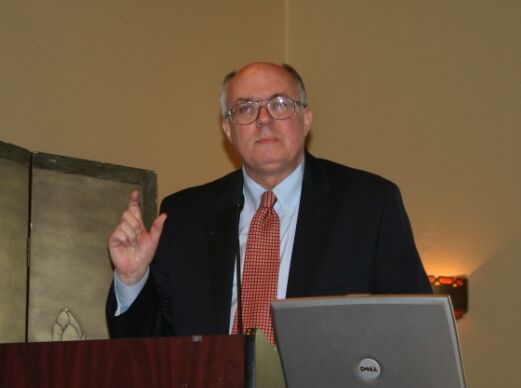
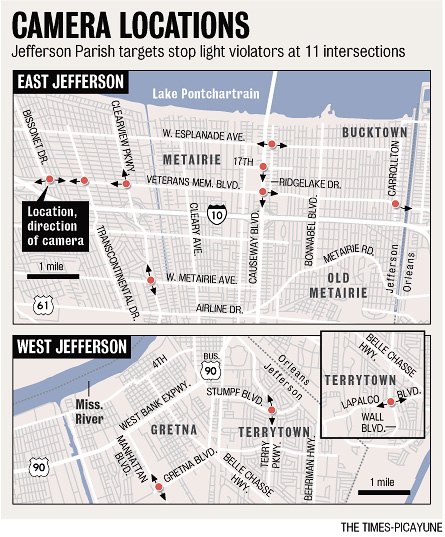


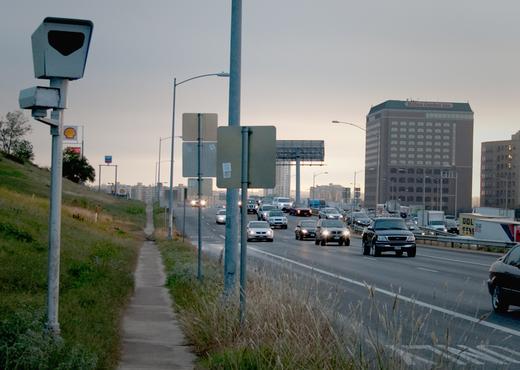

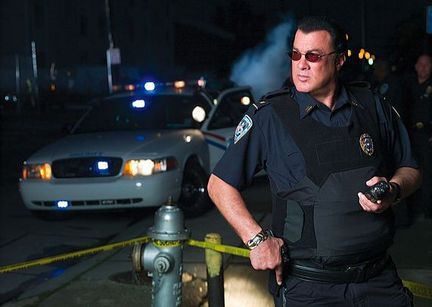


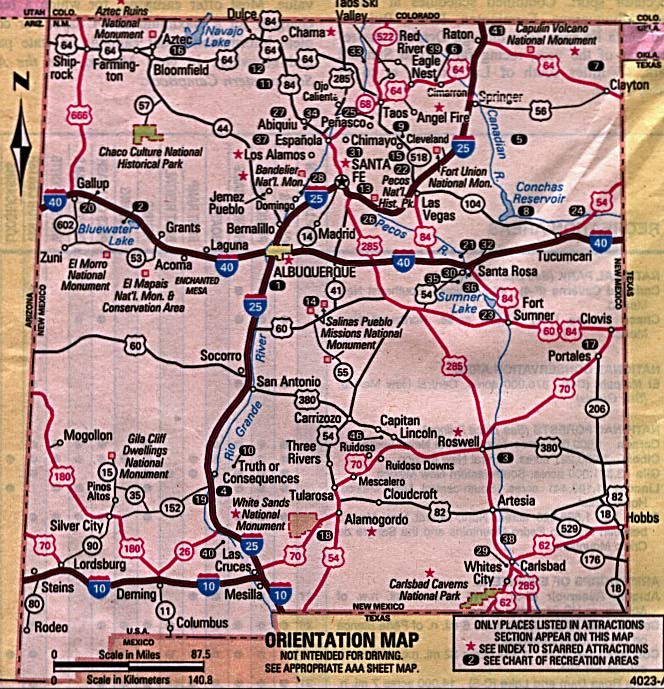
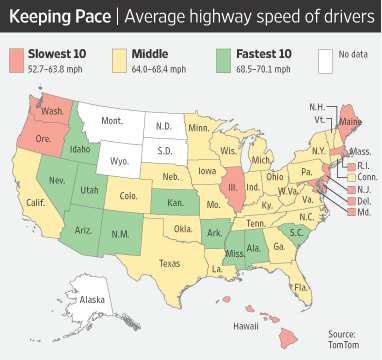






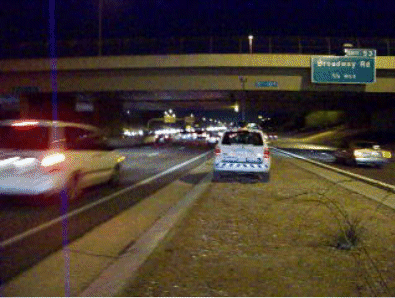

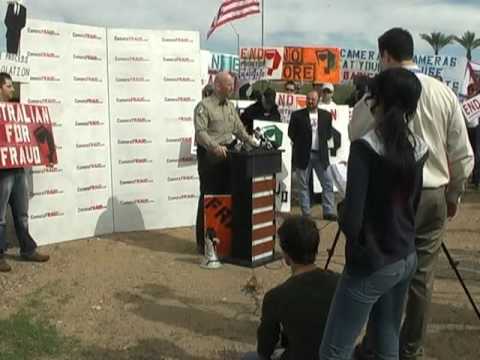
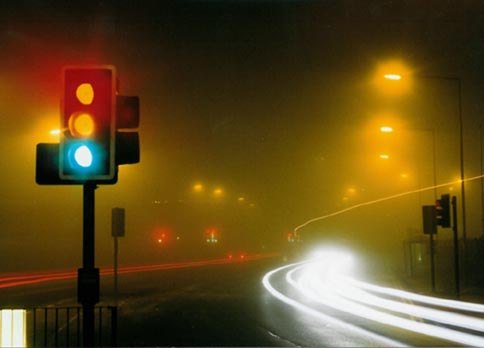
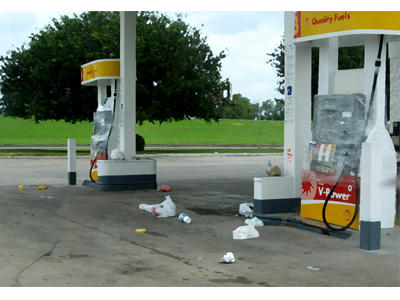
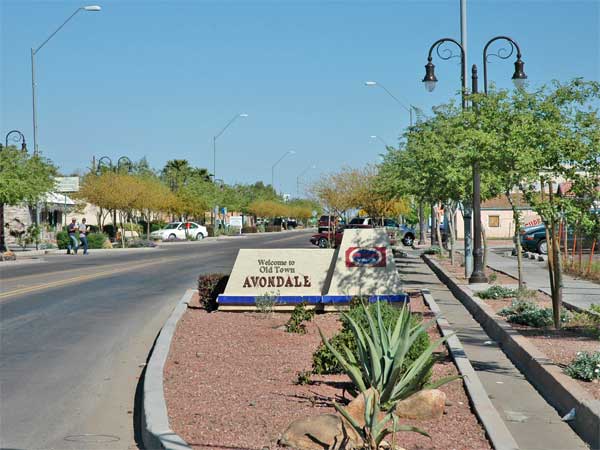
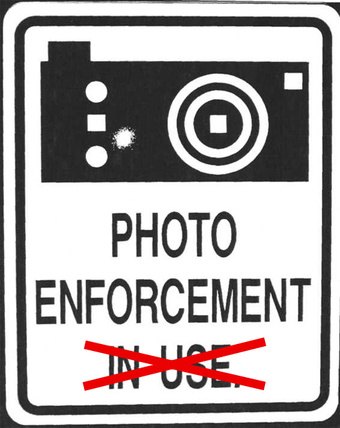
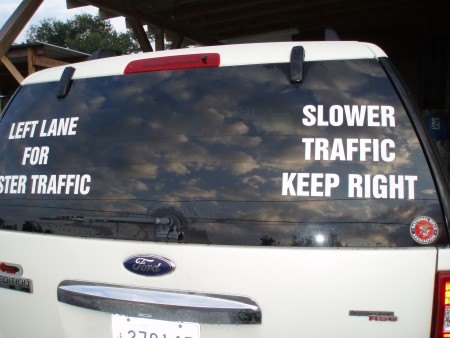
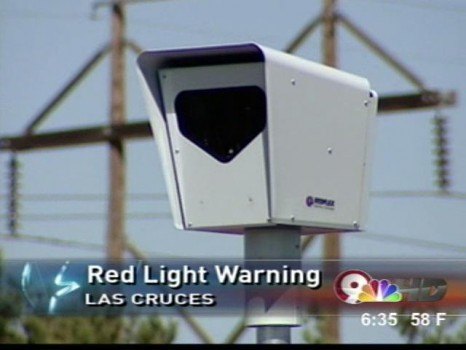

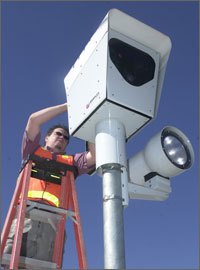


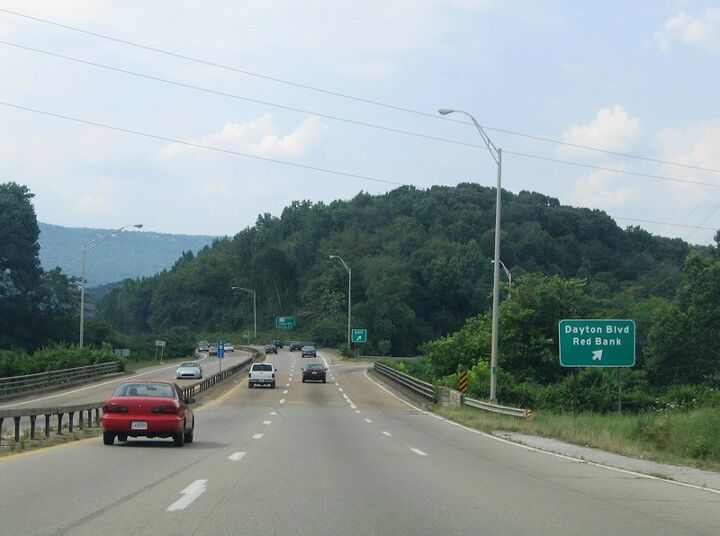
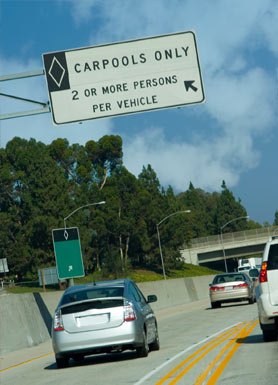
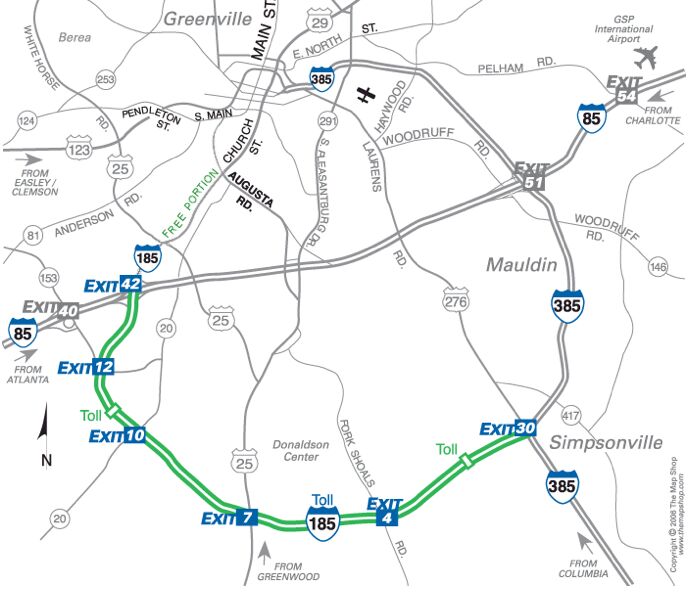

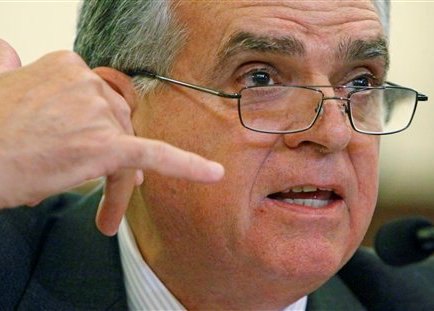


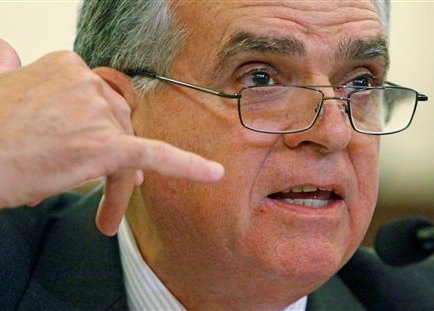
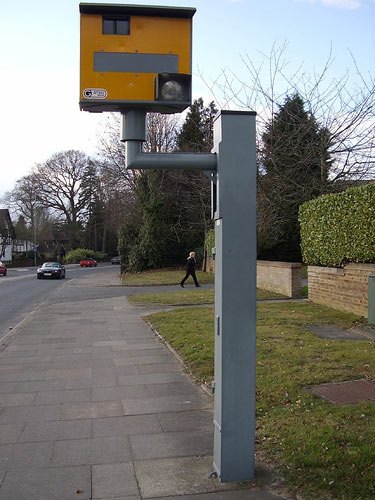
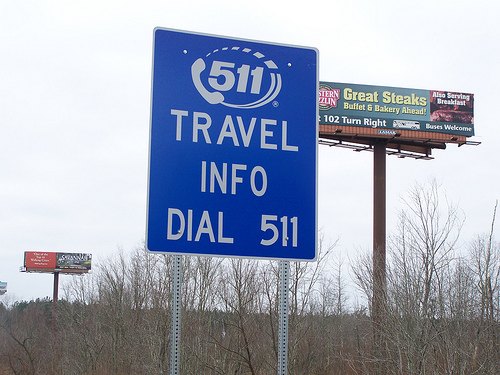

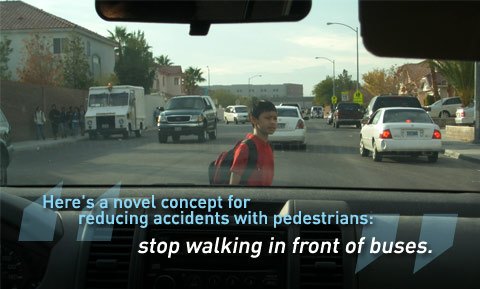
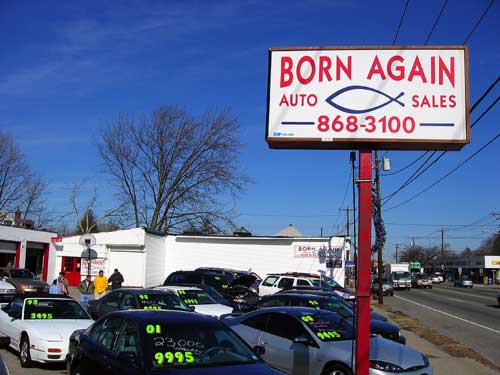












Recent Comments